It’s been over a month since I came to this space to share. I started reading Julia Cameron’s The Right to Write to help unblock my brain.
Julia is the brainchild of Morning Pages — three pages of longhand, stream-of-consciousness morning writing, for your eyes only, done as quickly upon waking as possible. She’s a big believer in creation as a practice; as she puts it, she teaches people to let themselves be creative.
So who better to turn to when facing writer’s block?
And here’s what jumped out at me:
We forget the term ‘rough draft’ and want everything to emerge as well-polished gems.
I am a perfectionist. And perfection gets in the way of creation.
Because I have painted and collaged for decades, I have experienced enough creative block in those art forms to know how to get past it. (Show up. Create anyway. Put some paint down. Make some lines. Glue something down.) Soon, I’ve created a couple art journal pages and I’m back in the zone.
But when it comes to writing, I still feel like dabbler, someone new to this creative outlet. And words, unlike visual art, are explicit and communicate a specific thought to the reader. There’s less room for interpretation.
And then I read this:
When writing is about the importance of what we ourselves have to say, it becomes burdened by our concerns about whether the reader will ‘get it’ — meaning, get how brilliant we are.
This has stuck with me.

I want my words to be eloquent and beautifully thought out and clear and perfect. I turn thoughts over in my mind like I’m polishing rocks, hesitant to turn them into written words until they are smooth and shiny, when they will have maximum impact.
I considered how I could begin to change this habit — to write for the sake of writing and publish messy and imperfect thoughts.
And then, on Monday, George Floyd was murdered by those who are supposed to protect and serve him.
And I thought about how I believe that Black lives matter, and how much anguish generations of minorities and especially Black Americans have lived through at the hands of racist institutions, and how I wished I had the words to perfectly express everything I felt.
But we don’t have time for perfection: Black people are dying as white “allies” like me wait for the right words or the right moment.
Julia’s quote could be modified to reflect this:
When condemning racism is about the importance of what we ourselves have to say, it becomes burdened by our concerns about whether the audience gets how brilliant we are.
My promise going forward is to speak out (and write out), imperfectly, against racism where I see it. I will speak to my white family and friends; in white circles, I have power there to change the narrative. I will donate when I can. I will pass the mic to those who are silenced. I will continue to educate myself.
And if you need a place to start, check out these lists full of resources – from books to read to places to donate to how to take action: one, two, three.
